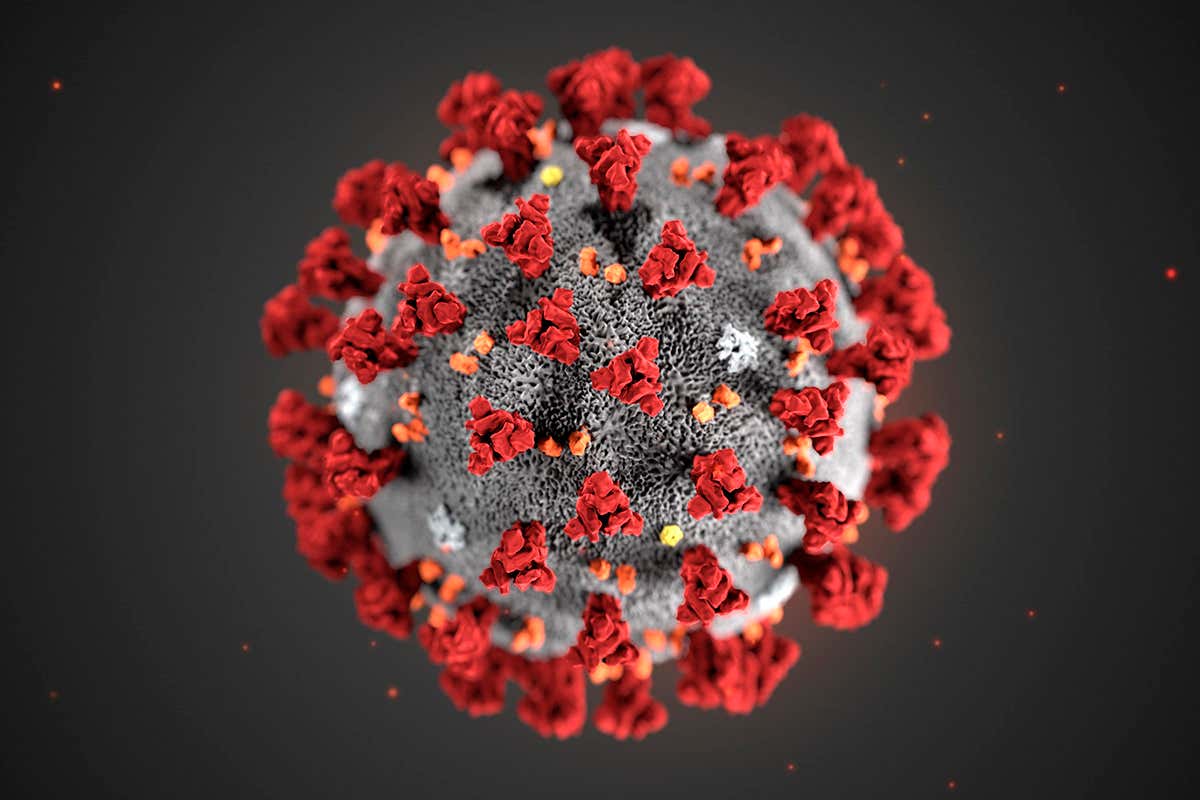“Start standing your ground,” urges a message posted on Facebook in South Africa. It’s a script for an imagined conversation about COVID-19 vaccination between staff and a guest in a restaurant. The message seems to have originated in the USA.
It’s headed “VACCINATION CARD” and suggests that showing proof of vaccination against COVID in a public place is somehow unfair. The message has been viewed some 2.4 million times in three days.
- Unilorin murder case: Defence counsels accuse DSS of torturing suspects
- APC becomes northern party if South is denied 2023 presidency — Okorocha
The script begins:
Hello.
-Hi, table for two, please.
-Sure, and your name.
-Cody.
-Great. And do you and your guest have your vaccination cards?
-Hmmm well first. Can you tell us who our server will be?
-Um, looks like Brad will be your server tonight.
-Great. Can you show us Brad’s vaccination card?
-Um…
-And also, can you provide me with proof that Brad is not a carrier of HIV, Hepatitis A or B, or any other communicable diseases? Same for you and the kitchen staff.
-Um…
It then rambles on about establishing if the kitchen staff uses drugs.
The key part, about COVID vaccination, leaves out important information.
First, any restaurant that requires its guests to show proof of vaccination would require its waiters to do the same. Brad would have a vaccination card.
Second, it suggests that HIV and hepatitis are as easily transmitted as COVID. They aren’t. You’re unlikely to get HIV or any type of hepatitis by simply eating in a restaurant. But you can get COVID.
Sharing body fluids at a restaurant?
HIV is the human immunodeficiency virus. If left untreated, it can lead to acquired immunodeficiency syndrome (AIDS). The virus attacks the immune system. People with AIDS don’t die from the disease – they die from ordinary diseases most of us shrug off, because the virus has severely weakened their bodies’ ability to fight those diseases.
HIV is only transmitted from one person to another through body fluids such as semen, blood and vaginal fluids.
You won’t get HIV by eating at a restaurant – unless you share body fluids at that restaurant.
Hep A not fatal, hep B also from body fluids
Hepatitis is an inflammation of the liver, also caused by viruses. Hep A, B and C are all named for the type of virus that attacks the liver.
Hep A can make you sick, but won’t kill you.
According to the US Centers for Disease Control, the hepatitis A virus is “found in the stool and blood of people who are infected. Hepatitis A is very contagious. It is spread when someone unknowingly ingests the virus – even in microscopic amounts – through close personal contact with an infected person or through eating contaminated food or drink.”
The CDC estimates that 32,000 people in the USA had hep A in 2016, “mainly among people who use injection drugs or are experiencing homelessness”. By contrast, the USA has had an average of 150,000 COVID-19 cases every single day since the disease first reached the country in January 2020.
You might get hep A at a restaurant – but only if you come into “close personal contact” with one of the few people who have the virus, or ingest the virus from the stool or blood of infected people.
Hepatitis B is more serious. Like HIV, it is spread through body fluids.
Many people with hep B have no symptoms. But up to a quarter of people infected with the hep B virus can go on to develop chronic liver disease such as cirrhosis, liver failure and liver cancer.
You won’t get hep B by eating at a restaurant – unless you share body fluids at that restaurant.
COVID kills, and easily spreads in public places
COVID-19 is spread by the new coronavirus, Sars-Cov-2. COVID-19 is a fatal disease – it does kill people.
Here’s how the World Health Organization describes Sars-Cov-2 transmission:
Coronavirus disease (COVID-19): How is it transmitted?
(The English version was updated on 30 April 2021)
· Current evidence suggests that the virus spreads mainly between people who are in close contact with each other, typically within 1 metre (short-range). A person can be infected when aerosols or droplets containing the virus are inhaled or come directly into contact with the eyes, nose, or mouth.
· The virus can also spread in poorly ventilated and/or crowded indoor settings, where people tend to spend longer periods of time. This is because aerosols remain suspended in the air or travel farther than 1 metre (long-range).
In a restaurant, you could easily get COVID-19 if the people there are unvaccinated. You are extremely unlikely to get HIV or any type of hepatitis in a restaurant.
The message is misleading without this context.
A collaboration between Daily Trust and Africa Check in fighting health misinformation

 Join Daily Trust WhatsApp Community For Quick Access To News and Happenings Around You.
Join Daily Trust WhatsApp Community For Quick Access To News and Happenings Around You.

